detail profile gloria m c3 bcnchmeyer

Gloria Münchmeyer
María Gloria Münchmeyer Barber
atau dikenal sebagai
Riwayat Hidup
María Gloria Münchmeyer Barber (born September 2, 1938 in Santiago) is a Chilean television, film and theatre actress, known for her roles in some telenovelas like La Madrastra, Marrón Glacé, and others.
She was married with the actor/comedian Jorge Guerra and mother of the actress Catalina Guerra.
In 1990, she received the Volpi Cup for her role on La luna en el espejo.
Info Pribadi
Peran Yang Di Mainkan Gloria Münchmeyer
 Seven actresses talk about their lives...
Seven actresses talk about their lives...Viejos amores 2016
Seven actresses talk about their lives, their characters, the history of Chile and the construction of the national theater, of their loves and their anecdotes, of those who are and those who have left.
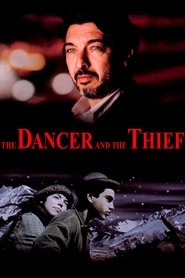 Present day Chile Legendary bank robber...
Present day Chile Legendary bank robber...The Dancer and the Thief 2009
Present day. Chile. Legendary bank robber Vergara Grey is getting out of prison after 5 long years and is looking forward to a quiet, uneventful life together with his wife and son whom oddly he hasn't heard from in years. But soon his resolve is tested when he meets 19 year old Angel a young thief who insists the two join up to score the biggest heist of all time. Though tempted, he resists until he finds out that his beloved wife has gone off with a millionaire and his son wants to change his last name. Then Victoria, a graceful and mysteriously mute dancer living in a conservatory, steps into the picture. She captivates Vergara and Angel, as well as all others that cross her path, drastically changing their lives.
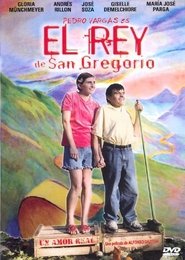 Pedro and Cati live in the...
Pedro and Cati live in the...The King of San Gregorio 2005
Pedro and Cati live in the San Gregorio township. They must fight for their love despite the over-protection and fears of their families.
 The elderly heir of a formerly...
The elderly heir of a formerly...Coronation 2000
The elderly heir of a formerly wealthy and respected Chilean family, Andres, suffers from decadence and solitude. He hires young Estela in order to look after his tiranic and almost crazy grandmother. The differences in class and age don't stop Andres from courting Estela, whose fiancé Mario tries to make some money with the passions of his well-off rival. The suffocating atmosphere of the run-down mansion in the outskirts of Santiago represents the deterioration of the bourgeoisie, and sets the scene for the total collapse of Andres.
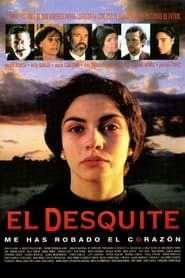 A small house is devastated by...
A small house is devastated by...Revenge 1999
A small house is devastated by the irrepressible force of the Ñuble river. Anita is rescued from the riverbank while her parents disappear into the water. She is given in adoption to her godparents, who can not keep her, they turn her over to a large hacienda in the area, where the little one will be the companion of the sickly patron, Lucia. When the owner of the hacienda dies, Anita, disregarding the advice of the other servants, stays to serve the boss, Don Pablo. She is already a woman and he is a single man. A strong attraction emerges between the two. This sad story of love and revenge as strong and uncontrollable as the overflowing waters of the Ñuble River.
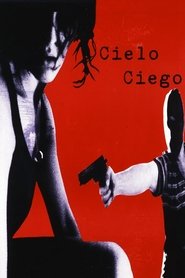 This is a film about the...
This is a film about the...Blind Sky 1998
This is a film about the life of a family of marginal thiefs, and how destiny punishes each and every one of its members. A constant contrast between a violent and a domestic world, in which violence, humor and irony, give a new layer to the social and moral conflicts of the characters. A lost house in a forest, an underground bar, a prison, a bus, fields and highways, are the spaces on which thieves, truckers, cooks and hookers collide.
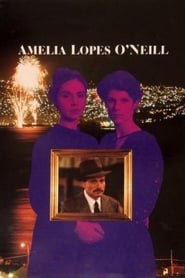 A wellbred young woman who prizes...
A wellbred young woman who prizes...Amelia Lópes O'Neill 1992
A well-bred young woman who prizes the virtue of fidelity remains faithful to the doctor who deflowers her, even after he marries her invalid sister.
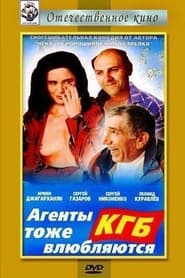 A Russian agent is sent to...
A Russian agent is sent to...KGB Agents Also Fall in Love 1991
A Russian agent is sent to a mission in Chile as a punishment. While there, he continues his adventures in a massage parlor where he meets Paola - a young prostitute he falls in love with.
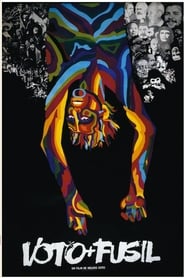 The political evolution in Chile seeing...
The political evolution in Chile seeing...Voto + Fusil 1971
The political evolution in Chile seeing from three different times: 1937, 1947 and 1970. A film that shows how a revolution cannot be accomplished by electoral means, and how the wealthy class will always attempt to destroy that revolution, with the help of the armed forces, as soon as their privileges are threatened.
 After living for over two centuries...
After living for over two centuries...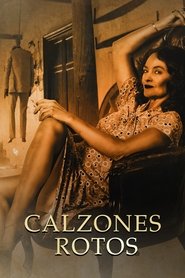 The imminent death of a matriarch...
The imminent death of a matriarch... Based on true events involving powerful...
Based on true events involving powerful... A man who has recently lost...
A man who has recently lost...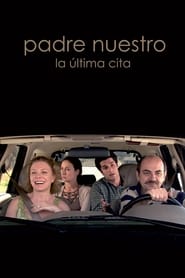 Children come to a hospital to...
Children come to a hospital to...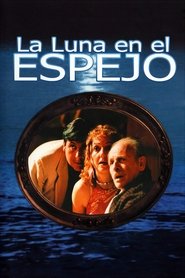 An aged former sailor ill and...
An aged former sailor ill and...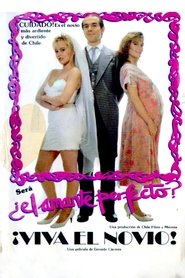 After a hectic love lifePelao Infante...
After a hectic love lifePelao Infante...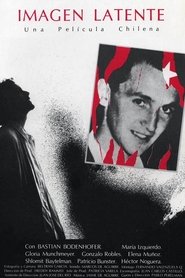 In the late 1980s a politically...
In the late 1980s a politically... This is the story of a...
This is the story of a...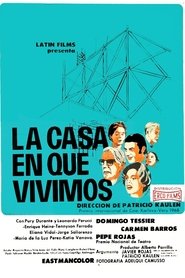 A portrait of a Chilean middleclass...
A portrait of a Chilean middleclass...